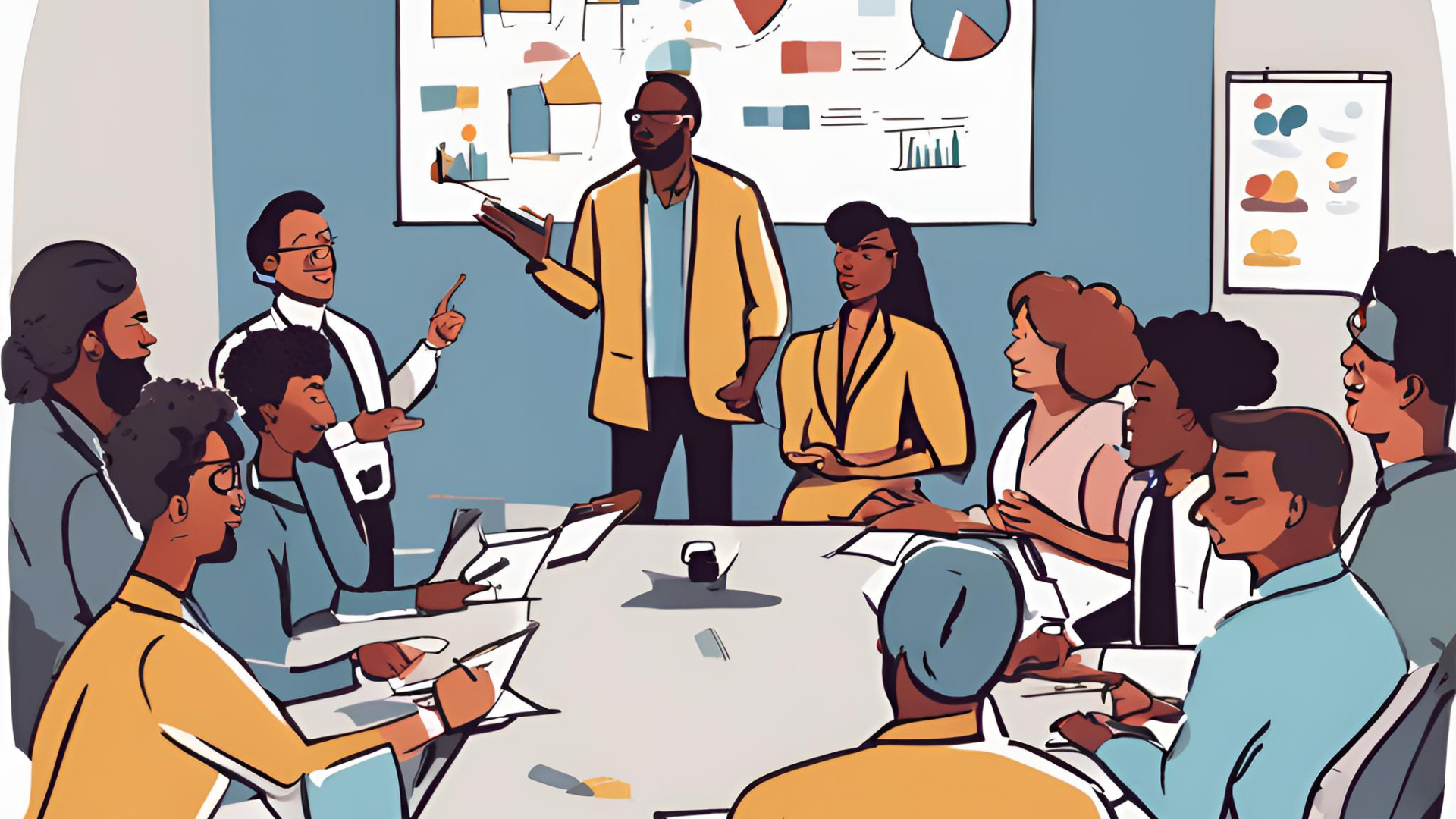Navigating Disruption: Fostering Productive Group Dynamics
Disruptions are par for the course when conducting group facilitation. They come in various shapes and sizes, each challenging the collaborative process. Today, I want to shed light on three common disruptive behaviors that, when left unchecked, can hinder the collaborative process. But fear not, for with awareness and strategic interventions, we can transform these disruptions into opportunities for growth and innovation.
1. Ad Hominem Attacks: Criticizing the Person, Not the Argument
It's all too easy to attack individuals rather than engage with their ideas. When someone dismisses a viewpoint by questioning the credibility or intelligence of the person presenting it, it stifles meaningful discussion. To counter this, we must reaffirm our commitment to respectful dialogue. By emphasizing ground rules that promote constructive criticism and focusing on the substance of the argument, we can redirect the conversation back to its intended course.
2. Fear-Based Appeals: Leveraging Anxiety to Drive Change
When advocating for change, the temptation to resort to fear tactics, such as invoking a "burning platform," can be strong. However, instilling fear rarely leads to sustainable outcomes. Instead, let's focus on the positive impacts of the proposed changes. By highlighting the potential benefits and opportunities for growth, we can inspire motivation from a place of hope rather than fear. Maintaining a balanced approach to evaluating emotional and analytical perspectives also ensures a comprehensive understanding of the proposed ideas.
3. Simplistic Labeling: Misdiagnosing Complex Issues
Naming a problem a "communications issue" may provide a convenient explanation, but it often oversimplifies the underlying complexities at play. To address this, we must delve deeper into the root causes through rigorous analysis and exploration. By conducting a thorough root cause analysis and visualizing the interconnected nature of organizational challenges, we can uncover deeper insights and develop more effective solutions.
As we strive to foster productive group dynamics, we must equip ourselves with the tools and insights necessary to navigate disruptions confidently. I encourage you to explore further resources, such as Bryce Hoffman's "Red Teaming," which offers invaluable insights into identifying and addressing disruptive behaviors. Together, let's embrace disruption as an opportunity for growth and collaboration, empowering ourselves and our teams to achieve greater success.

